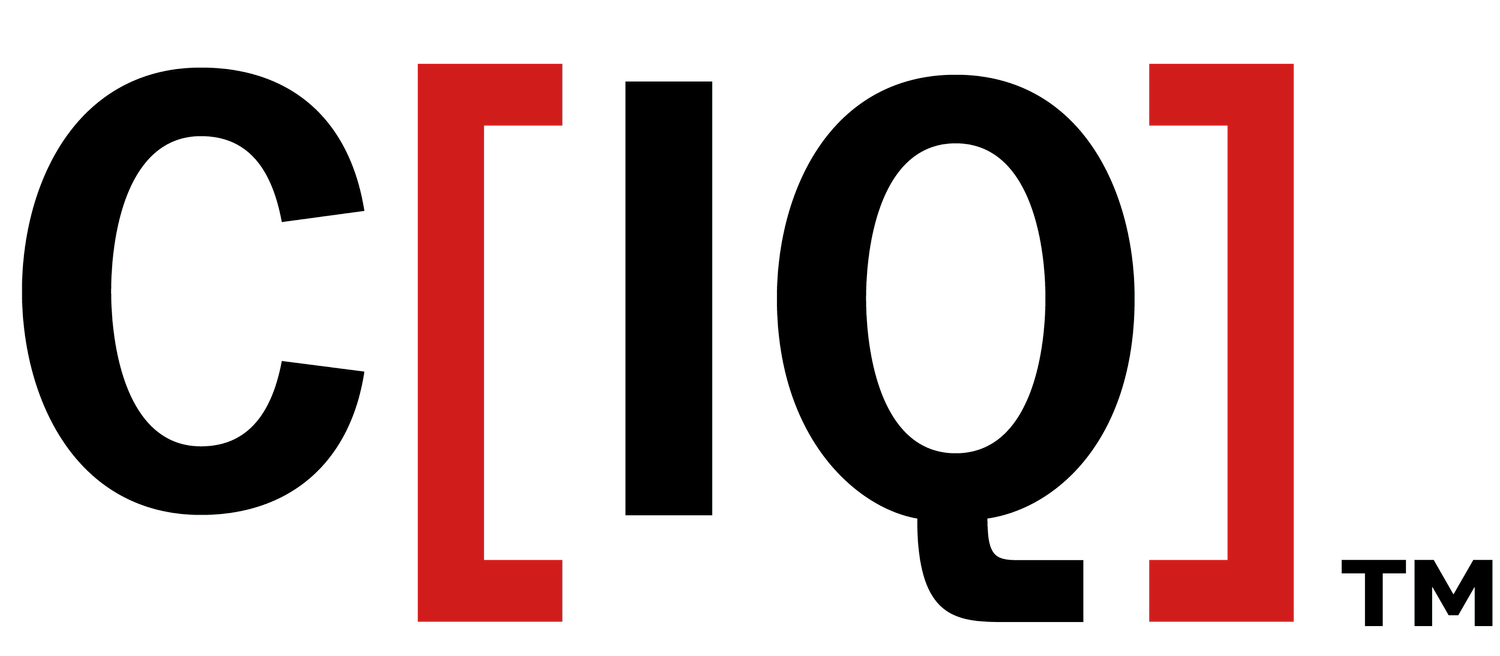Imagine That: Sales Increase Directly Tied to Loyalty Program
Good Day-
Well, you know our old saw by now; we promise to increase frequency of posting. But the fact is [A] we're honestly being hammered by a trio of major client deliverables all converging from three different parts of the country (S.F., D.C., and So.Cal.) at the same time which has us totally appreciating what an Iron Chef goes through; and [B] we just can't bring ourselves to blather; the majority of what we're tracking is worthy of micro-blogging and thus ends up being pushed through our Twitter account (and its very easy to fire off 140 chars). But occasionally, we come across something worth a longer comment.
And so it is this morning (at least for myself.) Its notable because one of the three client projects I am cramming on to finish has a CFO who is convinced that Loyalty programs are essentially a financial drain in that they reward people who are already committed to repurchasing. OK. It seems to us that for the right brand, and product or service type that's the point; switching costs are near zero, and retention marketing is everything. So catch a whiff of this...
Starbucks Corp.'s fiscal fourth quarter earnings increased by a better-than-forecast 34% on sales that increased by a double-digit percentage (per the Wall Street Journal). Starbucks has recorded stronger sales trends in the U.S. than most of its competitors. Same-store sales rose 8% in the U.S., driven by a 5% increase in transactions.
Here's the thing: Starbucks CFO and Group VP of Global Business Services, Troy Alstead noted in an interview that in addition to accelerated drive-through times and new food offerings, their loyalty program was responsible for increasing repeat customers and rising sales. That's right: Starbucks is tying their increase in sales to their loyalty program. From what we know of the internal workings at Starbucks CRM efforts they have plenty of analytics and data to back this up. And presumably that's how they reached this conclusion (acknowledging there were two other factors: food offerings and drive-through improvements). But the point here (at least for us) is clear: a loyalty program that appears to do exactly what was hoped: positively effect customer wallet-share.
The numbers speak for themselves. Overall, Starbucks reported a profit of $481.1M up from $359M a year earlier. And net revenue rose 13% to $3.8B. Hmm, a CFO reports a direct causal link between a loyalty program and business growth. Imagine that.
Now, to be intellectually honest there is one more observation to make (and then I need to jump back to that client's deliverable) ...the key to Starbucks loyalty program invokes the two principal watchwords of the digital age: ease and convenience. We think what makes Starbucks program so effective is not just accumulating points to earn free drinks or food, rather its the fact that their loyalty mechanism (once a card, now a phone app) makes it easy and convenient to buy and reload their digital wallet. We'll have to muse about loyalty program vehicles another time.

